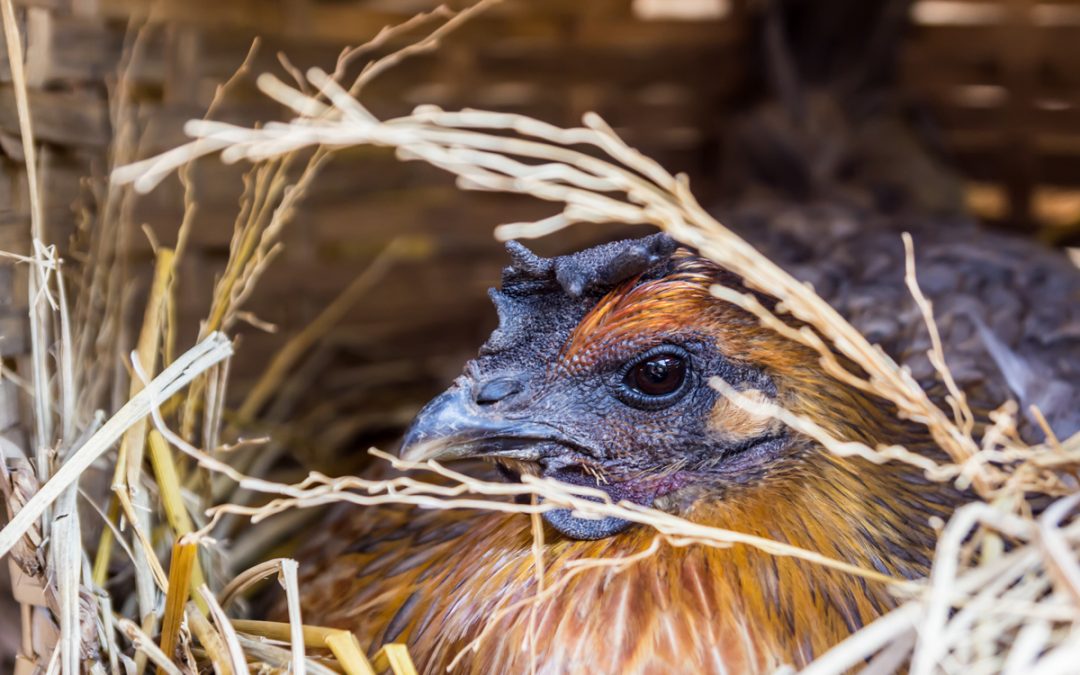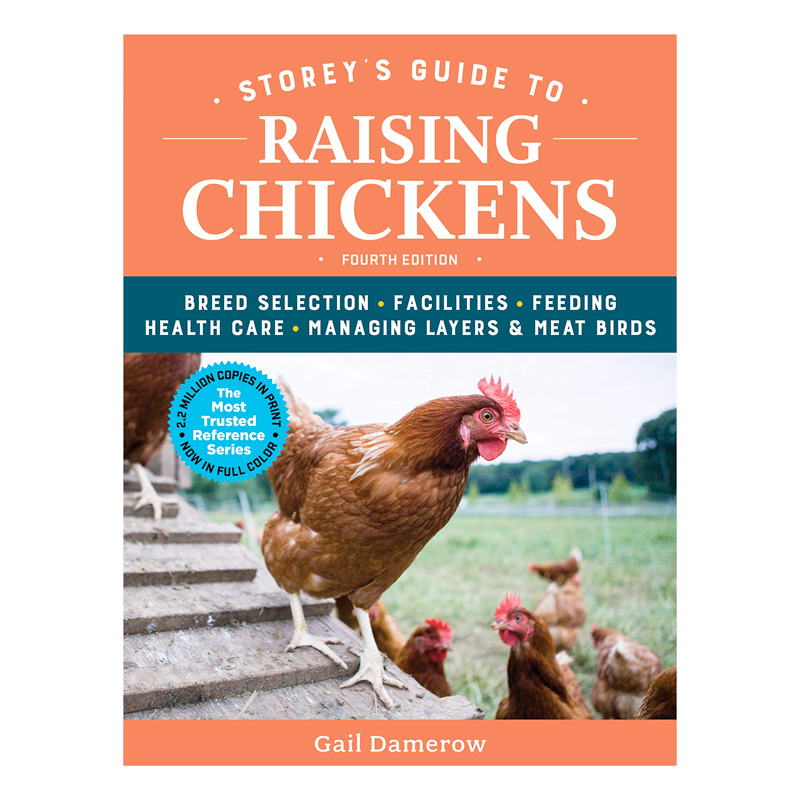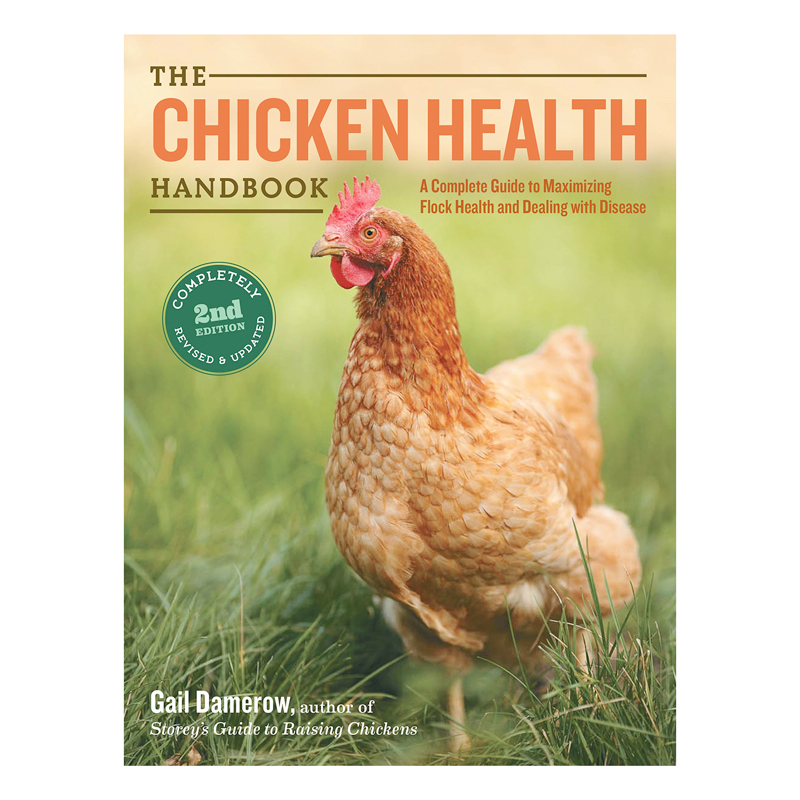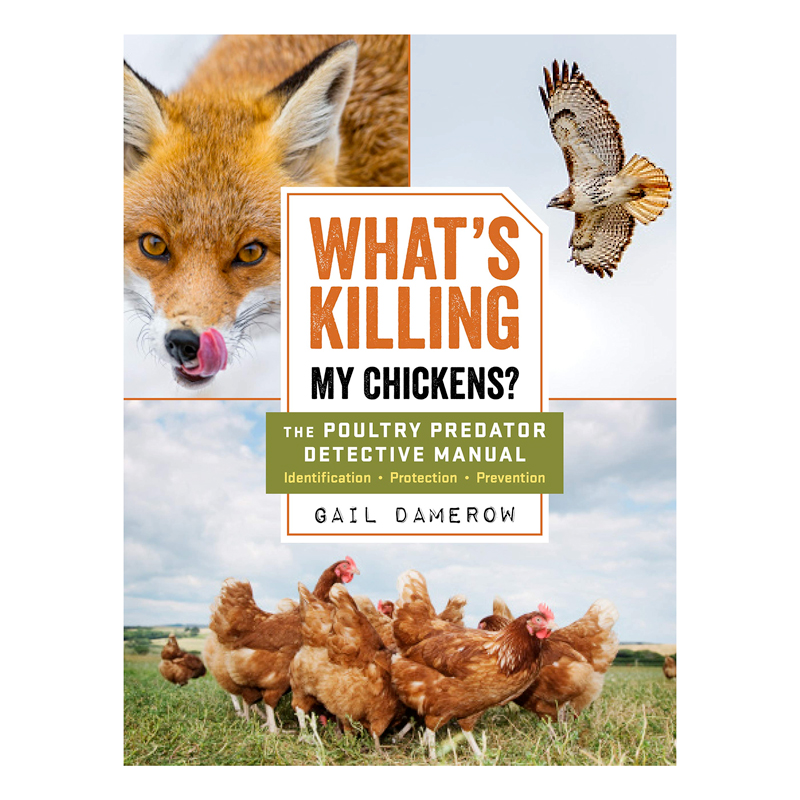Once your hens start laying eggs, it’s easy to get used to gathering fresh eggs every morning. Then gradually, or suddenly, the eggs stop coming. What happened? Continuing our interview series with Gail Damerow, poultry expert and best-selling author, we ask her to discuss the top five reasons why your hens stop laying eggs.
What’s the main reason hens stop laying eggs?
“Assuming the hens are getting proper nutrition for layers, the first time they stop laying is usually as autumn approaches,” Damerow explains.
“That’s when hens go through their annual molt — they shed their old feathers and grow a fresh set to better keep them warm during winter.
“All hens lay fewer eggs during their annual molt. Some stop laying completely. The reason the molt affects laying is that nutrients needed to produce eggs are instead channeled into producing plumage.”
So after the fall molt, you can expect your hens to start laying again?
“Maybe. The approach of winter also means day lengths are decreasing. When the number of daylight hours falls below 14, hens may stop laying until spring. Some chicken keepers let their hens take the winter off,” she says.
“But those of us who want to continue gathering eggs during winter augment the short daylight hours with electric light. That’s easy to do using one 40-watt light bulb or the equivalent per 100 square feet of coop space.
“Some flock owners feel that by adding light in the evening, the coop will get dark before the hens go to roost, causing them to sleep on the floor. I haven’t found that to be true,” Damerow advises.
“I actually use a short period of evening light year around. It encourages dawdlers to enter the coop at dusk, before the automatic door closes for the night.
“But I do provide most of the extra winter light in the early morning hours, so the hens awaken naturally. Given augmented light, hens continue laying throughout winter until spring.”
Even if you don’t augment light, will hens start laying again in the spring?
“Yes. But they may lay for a few weeks, and then stop again. Depending on the breed, one or more hens may decide to brood, meaning they feel the inclination to hatch their eggs into chicks.
“When a hen starts to brood, hormonal changes cause her to stop laying. A broody hen, therefore, is not much use for egg production,” Damerow explains.
“You can either wait until the chicks are 5 to 6 weeks old, when the mama hen will start laying again. Or, you can try to discourage broodiness by gathering eggs often so they don’t accumulate in the nest.
“If a hen insists on brooding anyway, repeatedly remove her from the nest. If she keeps returning, move her for a few days to separate housing, furnished with feed and water during her time out,” she advises.
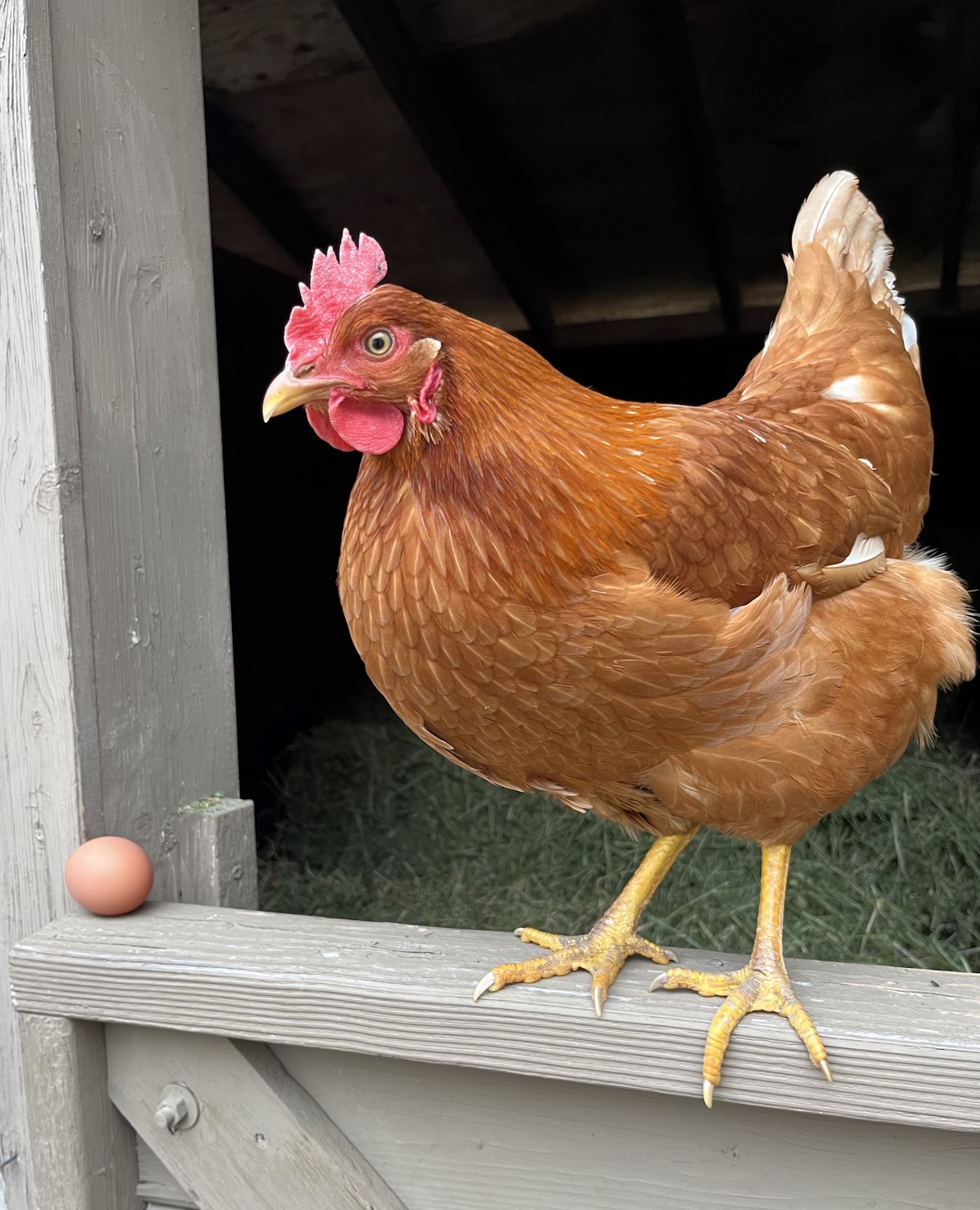
What did you mean when you said, “depending on the breed”?
“Not all hens will go broody, and that tends to vary by breed. Also, whether or not a hen stops laying during the molt or during winter’s shorter daylight hours also depends on the breed.
“If you want to keep eggs coming year around, your best bet is to opt for one of the best laying breeds. Compared to most other breeds, the best laying breeds molt late and fast, tend not to brood, and will lay more consistently year around,” she explains.
So far we’ve talked about the autumn molt, winter lighting, and spring brooding. What about summer?
“Good question. Your hens may stop laying eggs when summer temperatures reach the 80s and above. Hens then start feeling heat stress and, during an extended period of hot weather, the hens may simply quit laying.
“In an attempt to keep cool, hens drink up to four times more water when the weather is hot. If the water supply is inadequate, hens will stop laying,” she cautions. “Adding more drinkers, or filling the existing drinkers more often, and providing cool drinking water will encourage the hens to drink more.
“Not incidentally, lack of drinking water may also occur in winter, if the water persistently freezes. So, again, you have to make sure the hens get enough to drink. Filling the drinker with warm tap water encourages drinking when the weather is cold,” Damerow says.
Anything else we should know about why hens stop laying?
“Yes. If you can’t find any other reason for laying to slow down or stop, consider the possibility that the hens might be coming down with a disease or are suffering from internal or external parasites. A slump in laying is often the first general sign of disease, so it’s important to know how to tell when a chicken isn’t feeling well.”
Is there anything you can do when hens stop laying?
“A hen may stop laying eggs for many more reasons than we mentioned here. What you can do depends on the reason she stopped. Once you determine the reason, you can usually take measures to get her back on track,” she states.
“For instance, during the fall molt you can help things along by providing a higher protein ration. In winter, as we discussed, extra lighting keeps the eggs rolling in. Spring broodiness can be discouraged if you start as soon as the hen shows brooding inclinations. In the summer time, make sure hens have plenty of drinking water, as well as cool shady areas where they can rest.
“As for diseases and parasites, keeping a clean environment, providing proper nutrition, and treating for parasites as necessary are parts of just good basic chicken management,” Damerow says.
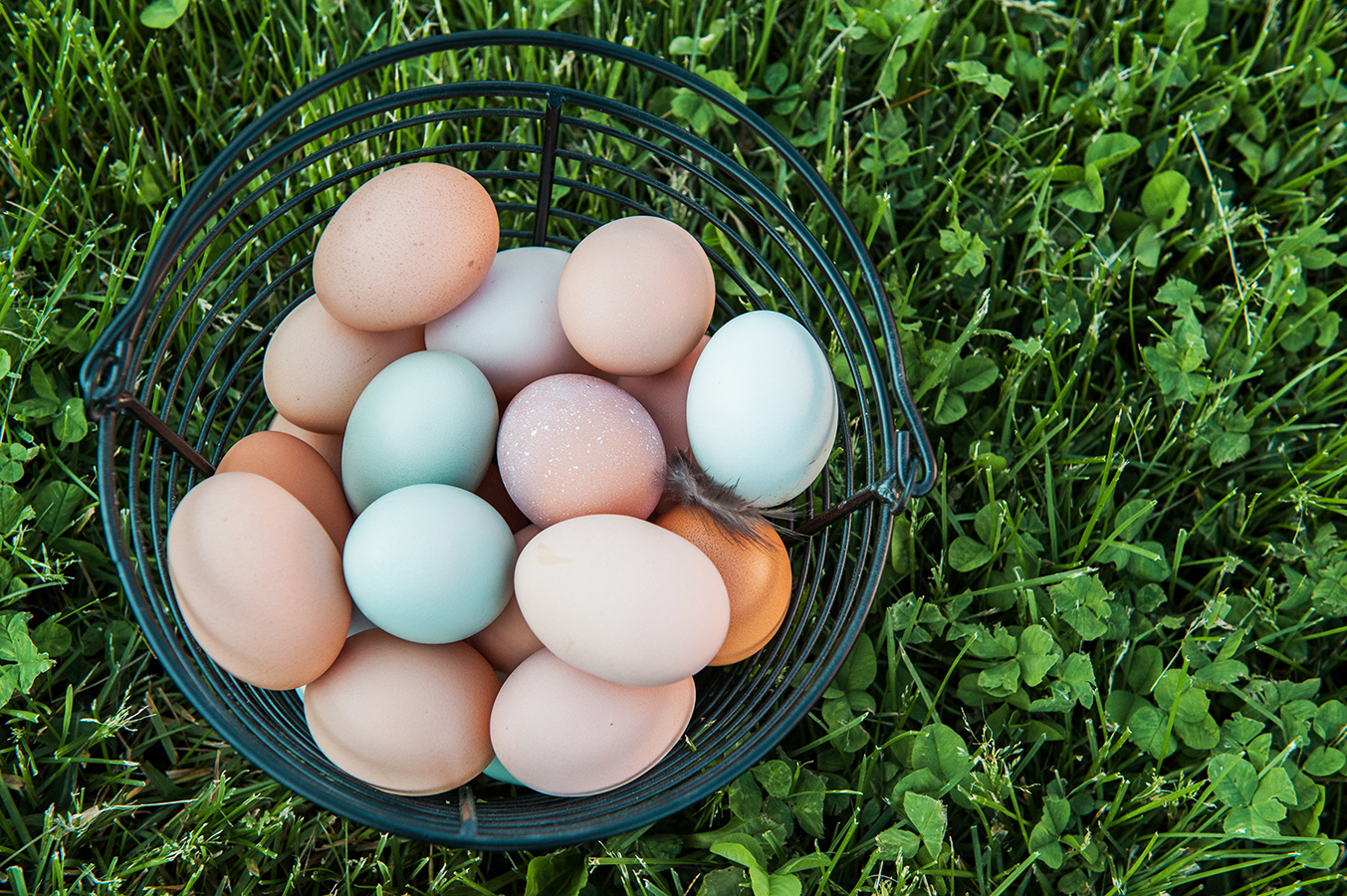

Gail Damerow has been keeping chickens for nearly 50 years and has written several books about them including Storey’s Guide to Raising Chickens, The Chicken Health Handbook, The Chicken Encyclopedia, Hatching and Brooding Your Own Chicks, and What’s Killing My Chickens. For more about Ms. Damerow, visit her blog at GailDamerow.com.
Gail Damerow’s headshot courtesy of Kathy Shea Mormino.
Photos courtesy of Gail Damerow and Cassidy Cornell.

